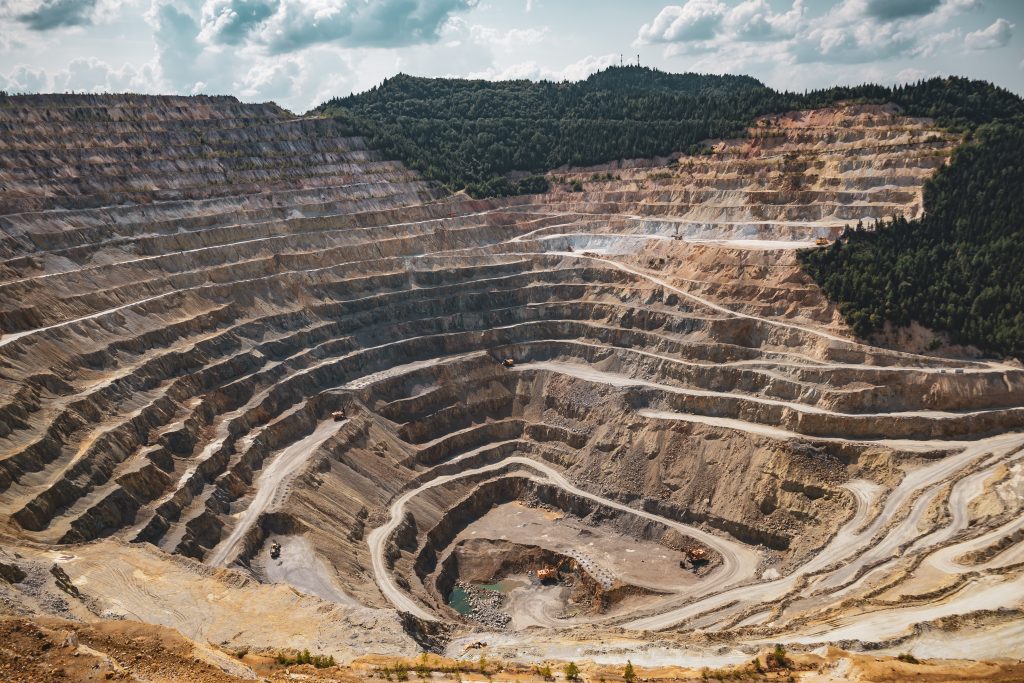Sarah Taylor explores how consumers of critical minerals can secure their supply chains, and the associated risks and pitfalls
In the last 12 months, both the UK and the EU have published strategies for securing a diversified, affordable, and sustainable supply of raw materials. But how might consumers of critical minerals such as automotive manufacturers look to secure their supply chains, and what are the associated risks and pitfalls?
There is an established global commodity trading market for critical minerals meaning that supply of materials such as lithium—which is vital for the manufacturing of electric vehicles (EVs)—can be obtained from a variety of sources, from non-producer traders to direct off-take contracts. However, each supplier and contract type brings different risks and requires different mitigation tools for manufacturers.
Traders of these minerals may have a secure supply source via multiple counterparties, but will not have a time critical end-use for the metals and minerals they supply. When buying from a trading company, it is important for automotive manufacturers to ensure that delivery time is “of the essence” and that the seller has no incentive to delay or default on delivery if the price rises between the date of contract and the date of delivery. In addition, automotive manufacturers will wish to avoid arbitrage by the supplier between different supply and delivery contracts, which would be to their detriment.
Ultimately, there is no risk-free strategy at present for automotive manufacturers to secure their supply of critical minerals
Recently, we have seen the regulatory risks of sourcing directly from producers in certain jurisdictions: Zimbabwe, the sixth biggest producer of lithium ore, banned exports of the critical metal in March, further impacting the supply for EV manufacturers.
Furthermore, manufacturers have to be mindful of the impact of sanctions on supply: many Force Majeure clauses (or equivalent) can be invoked where a party to a contract is the subject of sanctions, meaning that performance can be suspended or avoided entirely, without penalty on either party. But whilst this means that the buyer can avoid sanctions breaches, it does not assist with guaranteeing security of supply.
Pending the investment necessary for Europe and other countries to develop local mining and extraction projects, critical minerals are often sourced from emerging markets. Investment by manufacturers themselves in a mine or project is becoming increasingly popular, however there are legal risks associated with contracts which are often subject to local law and the jurisdiction of the local courts.

In extreme scenarios, the contract can be seen as merely the starting point for the negotiation where either the project requires further investment than originally thought, or where a competing buyer offers to offtake the commodity—in this scenario, lithium—for a higher price. A buyer who has already invested potentially significant sums can face practical and legal difficulties in enforcing their rights to the commodity as it is mined or extracted, rights which even if they are enforceable, can take years (and involve large legal costs) to realise.
Investing in local emerging markets also comes with reputational risks. Whilst there is a global focus on ESG, it is vital to ensure compliance with the standards that the buyer would expect, rather than relying on local standards which may put much needed economic investment ahead of environmental or health and safety criteria.
Ultimately, there is no risk-free strategy at present for automotive manufacturers to secure their supply of critical minerals. However, understanding both the counterparty and jurisdiction specific issues together with the right contract terms can go some way to mitigating those risks.
The opinions expressed here are those of the author and do not necessarily reflect the positions of Automotive World Ltd.
Sarah Taylor is Partner at HFW
The Automotive World Comment column is open to automotive industry decision makers and influencers. If you would like to contribute a Comment article, please contact [email protected]

